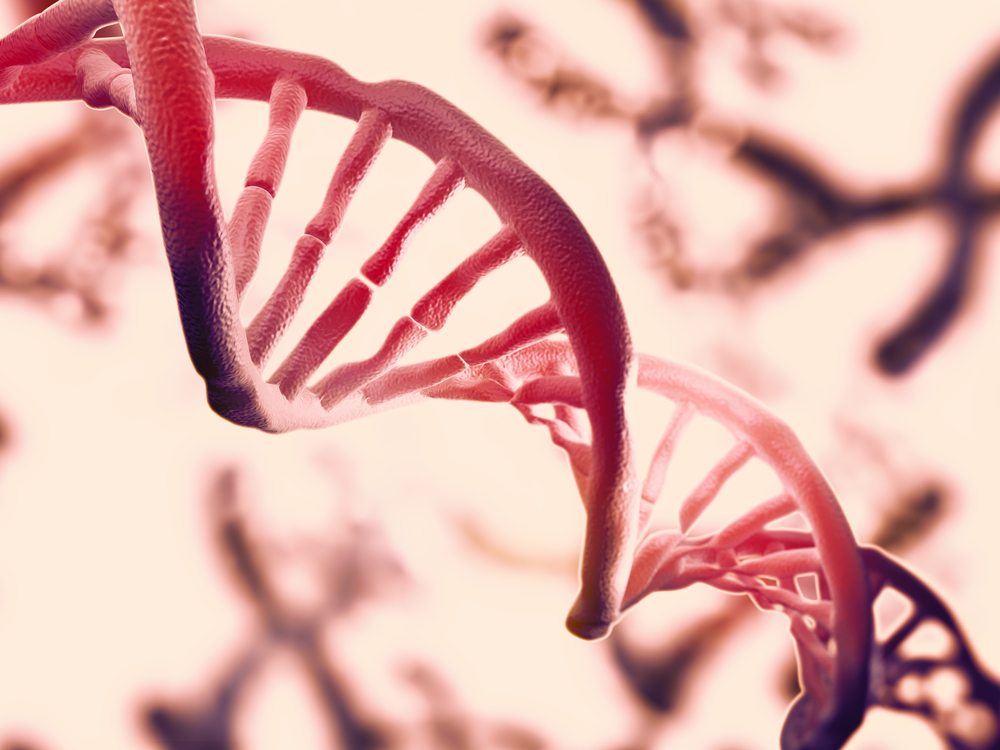
Genetic mutations that cause illness may have once helped fight disease
Genetic mutations have often been attributed to making an individual more predisposed to certain illnesses and diseases. But as it turns out, context is everything, and that some of the genetic mutations that put us at risk for illness can actually have a positive impact in a different environment.
A team of researchers from Arizona State University’s School of Human Evolution and Social Change, led by Assistant Professor Ben Trumble, set out to explore how certain genetic mutations may have impacted cognitive function in a different way for humans living prior to industrialization. The team reported their findings in a paper published in The FASEB Journal.
Trumble and team focused in specifically on the apolipoprotein E (ApoE) gene. ApoE historically contributes to cholesterol metabolism and the transportation of fatty acids to the brain. But in industrialized populations, those who carry the ApoE4 variant mutation face a high risk for cardiovascular disease and are four times more likely to develop Alzheimer’s.
The team of researchers studied how the ApoE4 mutation (or allele) may not have had such harmful effects on humans living in much different conditions thousands of years ago.
According to Trumble, “For 99 percent of human evolution, we lived as hunter gatherers in small bands and the last 5,000-10,000 years – with plant and animal domestication and sedentary urban industrial life – is completely novel. I can drive to a fast-food restaurant to ‘hunt and gather’ 20,000 calories in a few minutes or go to the hospital if I’m sick, but this was not the case throughout most of human evolution.”
As a point of comparison, the researchers studied a group of Amazonian forager-horticulturalists known as the Tsimane. The Tsimane have no access to sanitation, electricity, or running water and as a result, experience high exposure to pathogens and parasites that damage cognitive function. Because the ApoE4 allele has such harmful effects on urban industrialized populations, it would be reasonable to assume the mutation would be especially devastating for the Tsimane population.
But according to data from the Tsimane Health and Life History Project, Tsimane individuals carrying both ApoE4 and high parasitic levels experienced steady if not improved cognitive function compared to non-carriers with similar parasitic levels. The results suggest that the allele may have helped maintain cognitive function despite environmental pathogens.
“It seems that some of the very genetic mutations that help us succeed in more hazardous time periods and environments may actually become mismatched in our relatively safe and sterile post-industrial lifestyles,” Trumble said.













